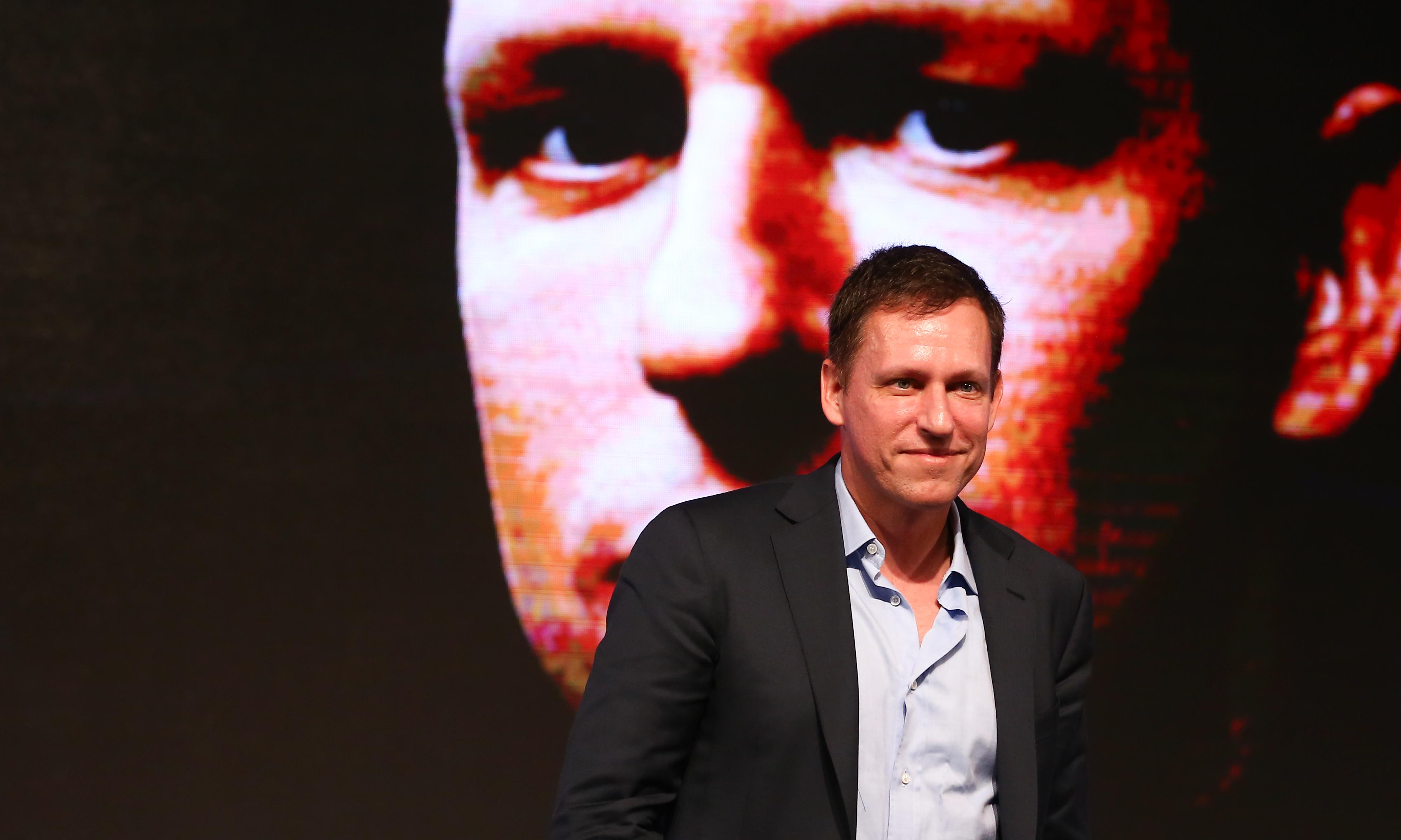
I don’t read Gawker much anymore even though the site has some very talented writers and editors. I don’t look down on it–just elsewhere. Gossip has value for a society; it just doesn’t interest me very much. Viral videos and stories aren’t what I find appealing. And posts that often seem to view the world as black or white, with no gray, aren’t convincing to me.
But that doesn’t mean I’m right. In all fairness, why would company founder Nick Denton want to attract my eyeballs? I’m not going to make him any money with my interests in obscure and offbeat stuff. Getting traffic makes money, so why trash someone who’s playing by the rules of engagement? Unless, of course, an organization is outright lying and manipulating like Fox News. But I don’t think Gawker does that. I think it’s looking for truth, even if it’s usually truth I don’t care about.
From Denton’s new Playboy interview conducted by Jeff Bercovici:
“Playboy:
So Kinja is your bet that in 10 years we will all be part of a crowdsourced gossip press reporting on one another.
Nick Denton:
The Panopticon—the prison in which everybody is exposed to scrutiny all the time. Do you remember the website Fucked Company? It was big in about 2000, 2001. I was CEO of Moreover Technologies at the time. A saleswoman put in an anonymous report to the site about my having paid for the eye operation of a young male executive I had the hots for. The story, like many stories, was roughly half true. Yes, there was a young male executive. Yes, he did have an eye operation. No, it wasn’t paid for by me. It was paid for by the company’s health insurance according to normal procedure. And no, I didn’t fancy him; I detested him. It’s such a great example of Fucked Company and, by extension, most internet discussion systems. There’s some real truth that gets told that is never of a scale to warrant mainstream media attention, and there’s also no mechanism for fact-checking, no mechanism to actually converge on some real truth. It’s out there. Half of it’s right. Half of it’s wrong. You don’t know which half is which. What if we could develop a system for collaboratively reaching the truth? Sources and subjects and writers and editors and readers and casual armchair experts asking questions and answering them, with follow-ups and rebuttals. What if we could actually have a journalistic process that didn’t require paid journalists and tape recorders and the cost of a traditional journalistic operation? You could actually uncover everything—every abusive executive, every corrupt eye operation.
Playboy:
What are the implications for the broader society? What does America look like from inside the Panopticon?
Nick Denton:
When people take a look at the change in attitudes toward gay rights or gay marriage, they talk about the example of people who came out, celebrities who came out. That has a pretty powerful effect. But even more powerful are all the friends and relatives, people you know. When it’s no longer some weird group of faggots on Christopher Street but actually people you know, that’s when attitudes change, and my presumption is the internet is going to be a big part of that. You’re going to be bombarded with news you wouldn’t necessarily have consumed—information, humanity, texture. I think Facebook, more than anything else, and the internet have been responsible for a large part of the liberalization of the past five or 10 years when it comes to sex, when it comes to drinking. Five years ago it was embarrassing when somebody had photographs of somebody drunk as a student. There was actually a discussion about whether a whole generation of kids had damaged their career prospects because they put up too much information about themselves in social media. What actually happened was that institutions and organizations changed, and frankly any organization that didn’t change was going to handicap itself because everyone, every normal person, gets drunk in college. There are stupid pictures or sex pictures of pretty much everybody. And if those things are leaked or deliberately shared, I think the effect is to change the institutions rather than to damage the individuals. The internet is a secret-spilling machine, and the spilling of secrets has been very healthy for a lot of people’s lives.”


